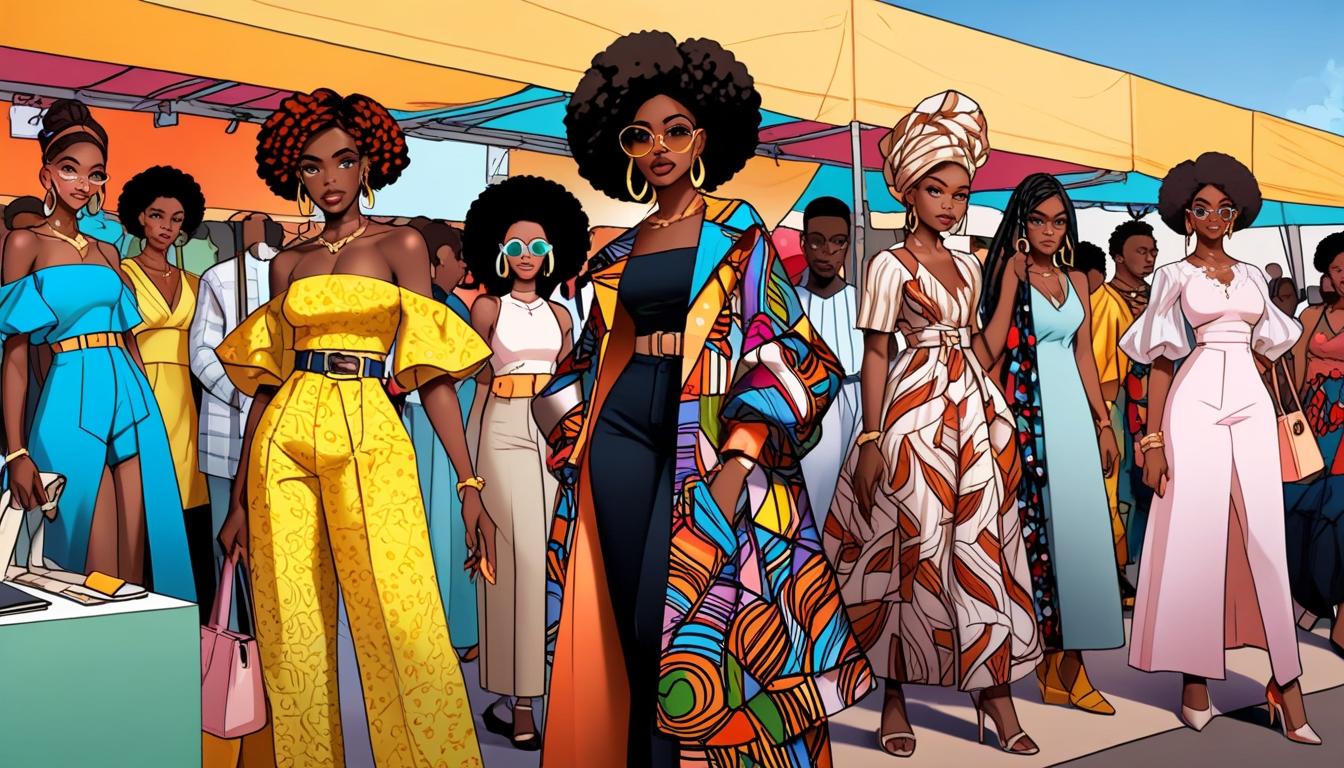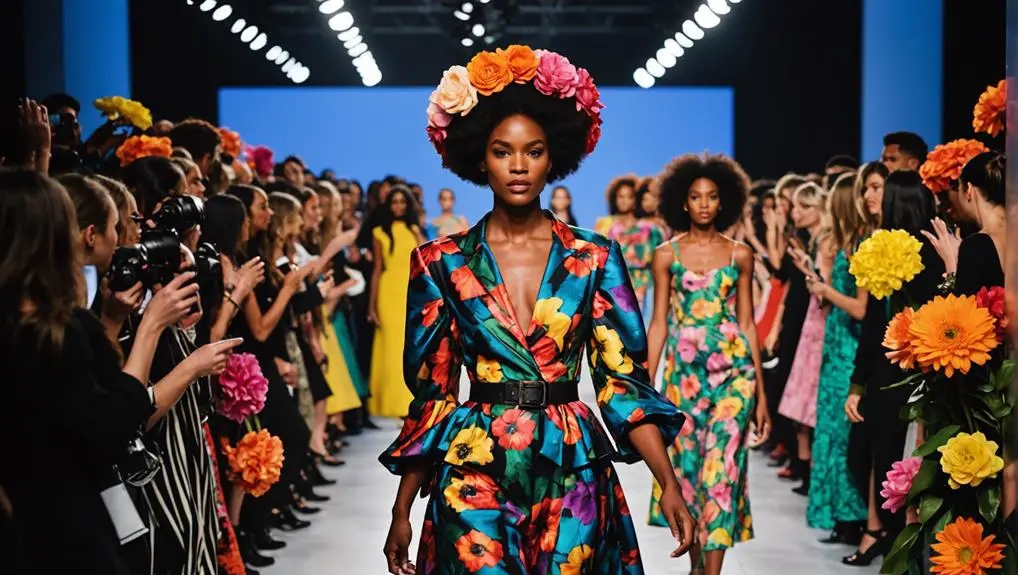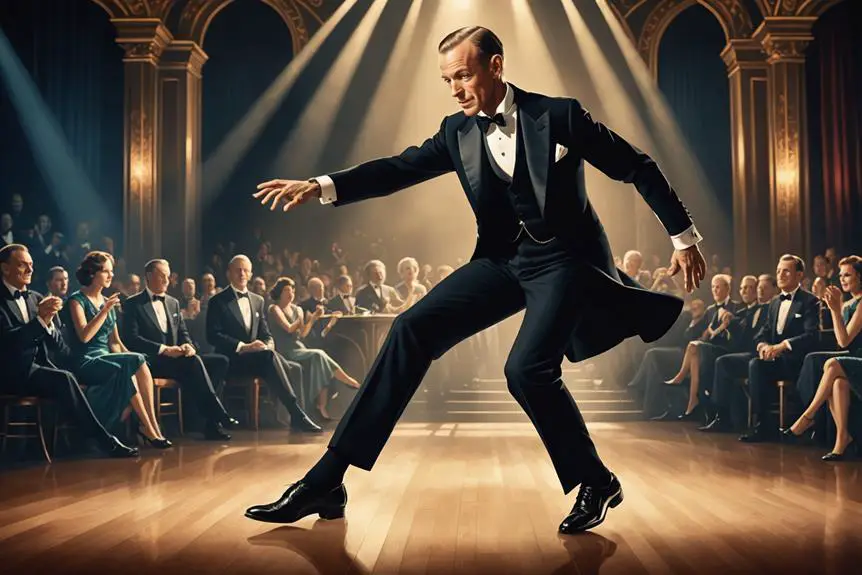The rise of social media platforms is reshaping Nigeria’s fashion landscape, providing unprecedented opportunities for designers and brands to connect and thrive in a global market.
Social media is making significant changes to Nigeria’s fashion industry, providing designers, influencers, and brands with unprecedented opportunities to grow, sell products, and connect with audiences globally. Platforms such as Instagram, TikTok, and Twitter are transforming fashion into a digital-centric landscape where trends can proliferate rapidly, enabling small businesses to achieve recognition almost overnight.
Historically, new designers relied on traditional avenues such as magazines and fashion shows to capture public attention. Today, however, emerging designers like Veekee James and Tolu Bally are leveraging Instagram as a primary showcase for their creations, facilitating direct engagement with potential celebrity clients. A single viral post can propel a small brand into the spotlight, showcasing the effectiveness of social media in promoting fashion entrepreneurship.
The influence of fashion intermediaries has also evolved significantly. Rather than relying solely on print media, many consumers are now drawn to fashion influencers for inspiration and direction on trends. Influencers such as Enioluwa Adeoluwa and Priscilla Ojo have become trendsetters through their styling videos and collaboration with brands, shaping consumer preferences and guiding fashion choices. Additionally, TikTok challenges play a large role in determining popular styles and garments, further democratizing fashion trends.
The way consumers shop for fashion has also shifted dramatically. Many Nigerian fashion brands now operate through direct sales on social media platforms, utilizing Instagram direct messages and WhatsApp for transactions. Companies like Miskay and Zephans & Co are examples of successful ventures that do not require physical storefronts, as they effectively harness social media to facilitate online shopping.
Despite these advancements, the digital nature of the industry presents certain challenges. The rapid evolution of trends can create difficulties for brands trying to stay relevant. The rise of fast fashion has also resulted in an increase in copied designs and diminished quality of apparel within the market. Furthermore, the instantaneous nature of social media can amplify negative reviews and comments, which can quickly harm a brand’s reputation.
Nevertheless, the role of social media in elevating Nigerian fashion on a global scale cannot be overstated. Designers such as Mia Atafo and Lisa Folawiyo are garnering increased international recognition thanks to their online presence, attracting the attention of global brands and celebrities. As the digital aspect of the industry expands, Nigerian fashion continues to gain momentum, with social media remaining at the forefront of this transformation. The ongoing interplay between digital platforms and fashion creativity indicates a promising future for Nigerian designers seeking a place on the world stage.
Source: Noah Wire Services




